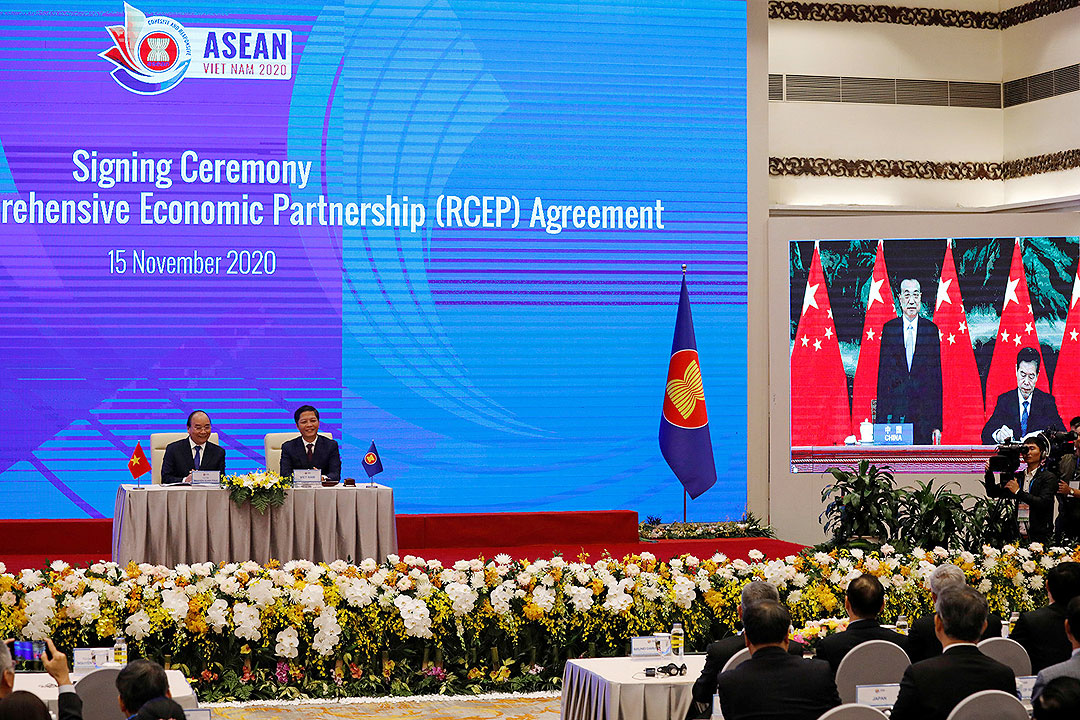
THE PHILIPPINES stands to benefit from the intellectual property (IP) provisions of the Regional Comprehensive Economic Partnership (RCEP), according to the Department of Trade and Industry (DTI).
Trade Assistant Secretary Allan B. Gepty said at a recent webinar organized by the Association of Southeast Asian Nations (ASEAN)-Japan Center that the RCEP’s IP protections will help create a business environment that fosters competition and innovation.
“On the aspect of business, some of the benefits of a robust IP regime in the RCEP region, (include) streamlined procedures for IP applications, a level playing field in IP protection and enforcement, and a standard protection of the interests of inventors, authors and performers, particularly on digital platforms,” Mr. Gepty said.
Mr. Gepty added that a solid IP regime encourages inventiveness and creativity while balancing the rights of IP owners and the public interest.
“We have to know, if not master, the utilization of our intellectual capabilities. The IP System is a great equalizer that can facilitate the generation of value from our creativity, inventiveness, and innovativeness. Let us therefore promote, protect, and respect intellectual property,” Mr. Gepty said.
RCEP is a trade agreement involving Australia, China, Japan, South Korea, New Zealand and the 10 members of the ASEAN. It started taking effect in many member countries on Jan. 1.
The Philippines has yet to sign on to RCEP after the Senate failed to ratify it before adjourning on Feb. 3 for the election break. President Rodrigo R. Duterte signed the trade agreement on Sept. 2. — Revin Mikhael D. Ochave



